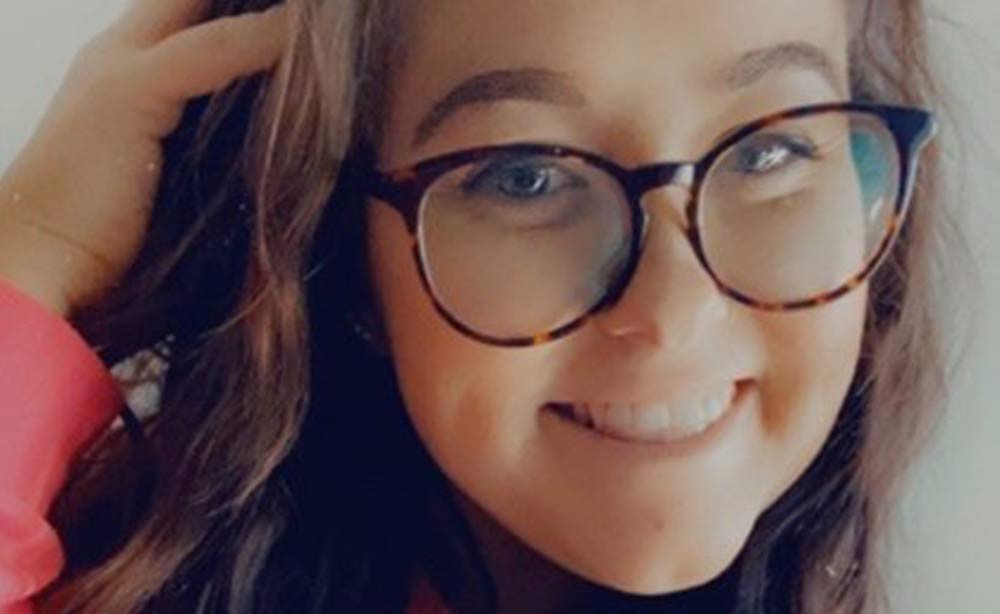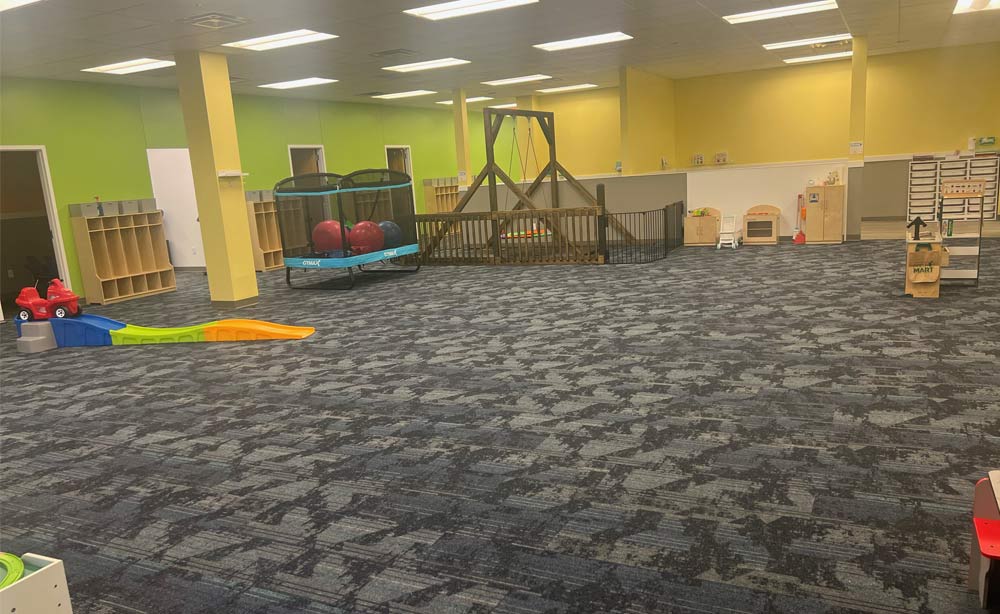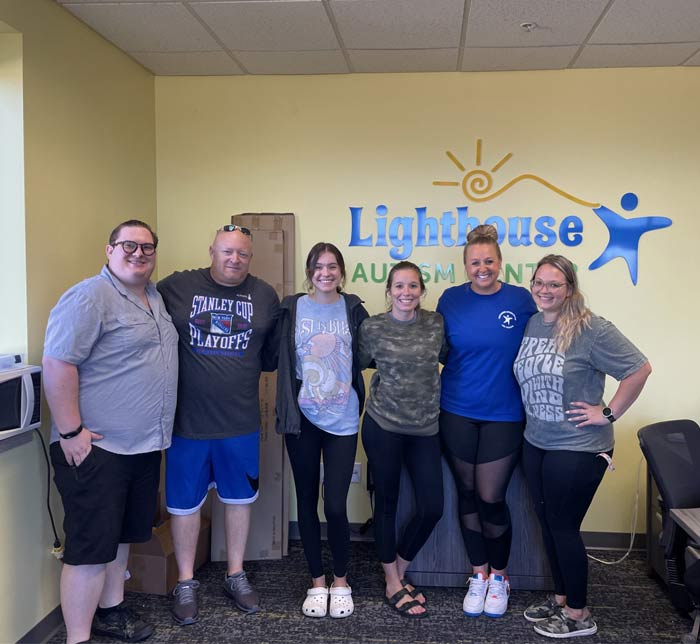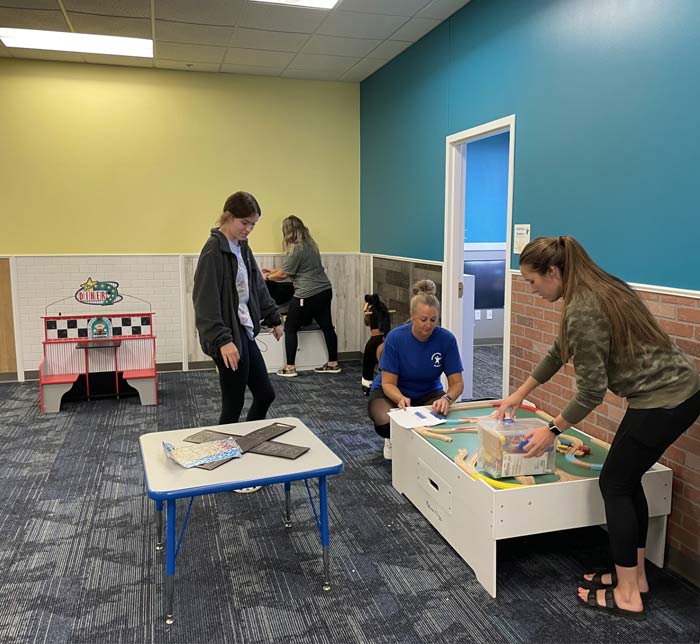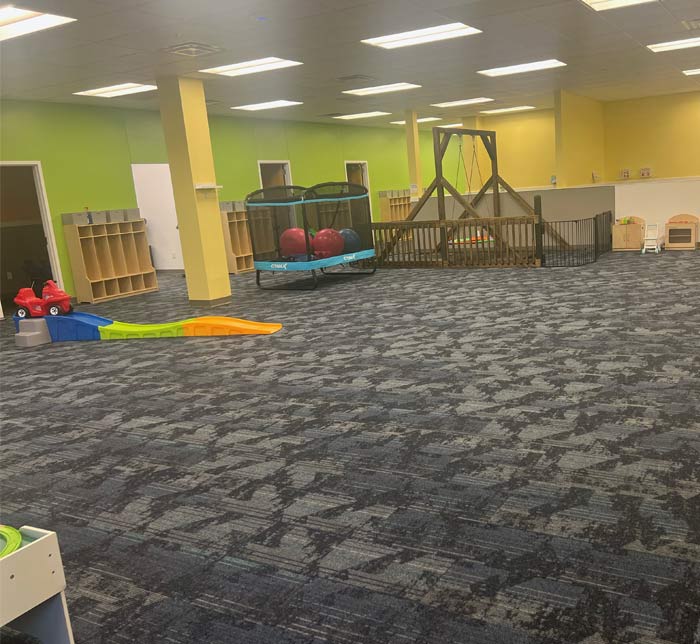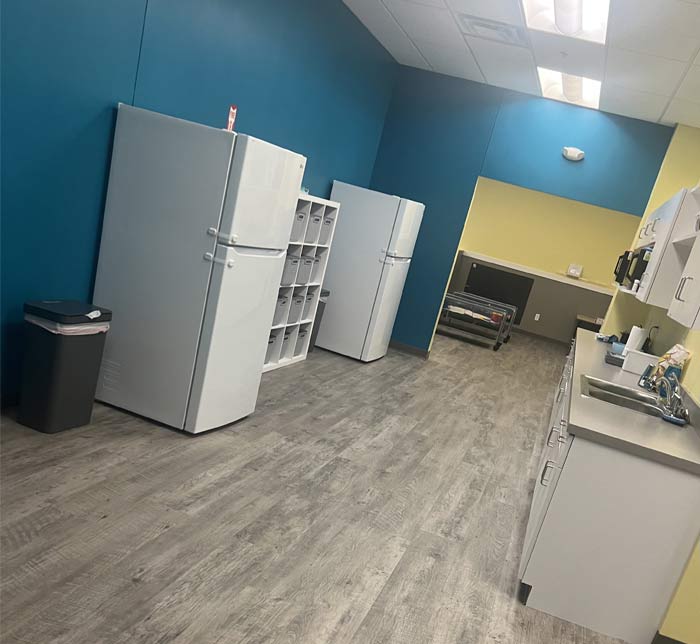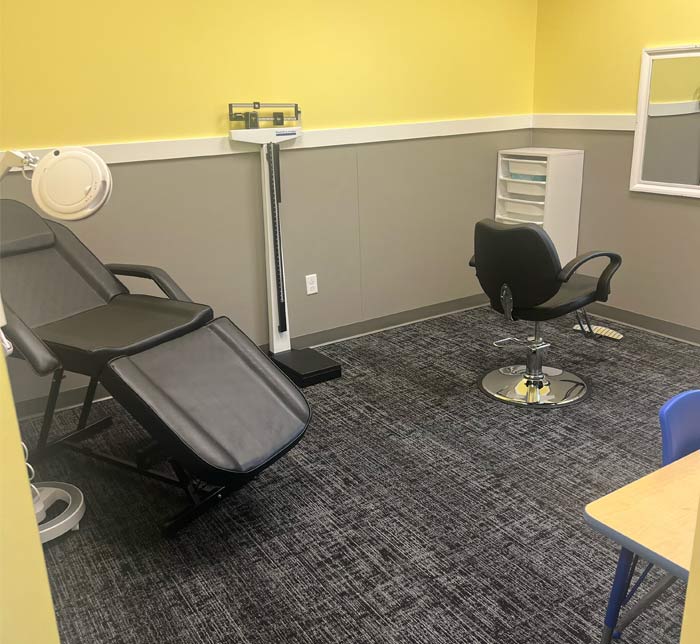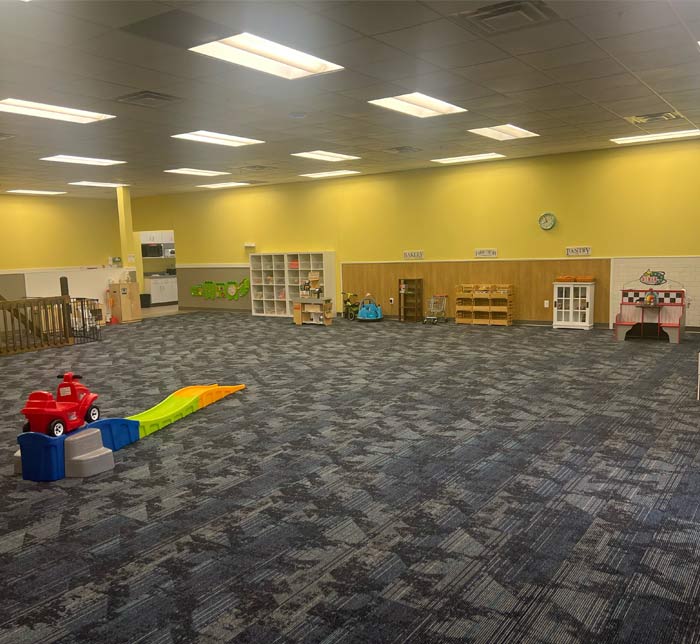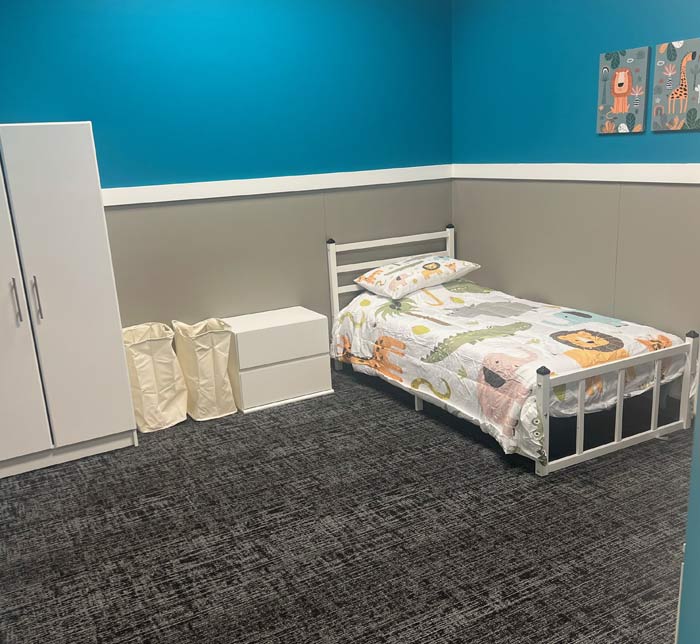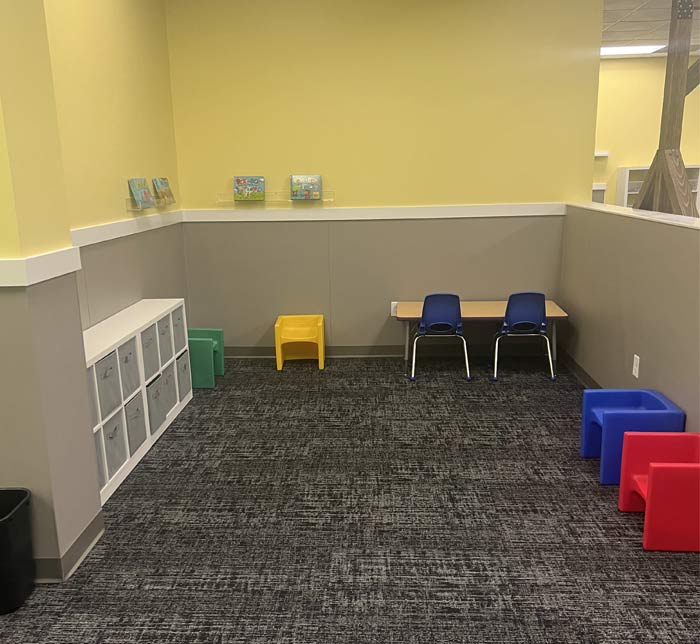Parenting an autistic child can be very challenging. Combined with the day-to-day stresses of ordinary life, raising an autistic child may at times be overwhelming. But that doesn’t necessarily have to be the case. Here are four useful tips for parenting an autistic child.
Tips for Parenting an Autistic Child
Parenting an autistic child can be very challenging. There are many different things your autistic child will struggle with, which can lead to emotional, financial, and medical issues that may affect your whole family. The good news is that with all the new information and research available on autism, help for parents has become more easily accessible, as have resources for autistic children.
Here are four tips on autism and parenting that may help you and your autistic child.
1. Accepting your child’s autism diagnosis
Hearing for the first time that you have an autistic child is difficult for most parents. After all, it’s normal for a parent to imagine the kind of life their child may have, and you may have pictured them growing older with the friends they would make, the job they would have, or the person they would fall in love with. And then, in a matter of moments, the allistic future you dreamt of for your child no longer exists.
That said, you may well not have been so surprised by the news. You or those around you may have noticed that there was something different about your child. Maybe they took a bit longer to start speaking, struggled with eye contact, or were upset when you changed their routine. Perhaps there were other subtle signs that clued you in that maybe your child had different needs compared to others.
Whichever camp you fall into, it’s important to know that you may feel negative emotions when you first hear that you have an autistic child.
This is normal.
You may feel grief and regret at the loss of the allistic life your child will never have, or you may feel angry at yourself and guilty, wondering what you did or didn’t do that caused or contributed to your child’s diagnosis. But you can learn to accept your child’s diagnosis.
Firstly, you should know that you’re not alone. Many other parents of autistic children have experienced the same feelings.
Secondly, you should take the time you need to process any emotions you have, seeking out professional help if you need it. Having a child with autism isn’t just about getting them the support they need, but it’s also about building a circle of support for yourself.
Finally, it’s important to understand that your child’s life may be different, but their life (and yours) isn’t over. It’s important to accept the diagnosis, keep an open mind and have hope for your family’s future.
There are a number of steps you can take to make things easier, such as educating yourself, setting realistic expectations, and seeking support for you and your child. Above all, showing your child that you love them, that you are a safe space for them, and that you want to understand their perspective, can go a long way in nurturing a healthy and happy future for your child and you.
2. Work with a professional to understand and manage your child’s support needs
If your child has been diagnosed with autism, they are very likely to have issues that can result in specific kinds of behaviors and skill gaps, including:
- Rocking back and forth (or other self-regulating movements, also known as “stimming”)
- Not speaking and preferring to use nonverbal communication
- Enjoying watching the movement of certain objects, such as a washing machine when its running
- Covering their ears when they hear certain sounds that other people hardly notice
- Meltdowns or “tantrums”.
Hypersensitivity or hyposensitivity to input from the senses, whether it’s hearing, touch, sight, smell or even pain, as well as a range of other causes, can trigger specific behavioral responses. If your autistic child experiences these or other unusual behaviors it’s important to take the time to find a professional who can help you identify the root cause of their behavior as there are other causes that may also result in these actions.
The right healthcare practitioner will be able to help you identify whether it’s a sensory issue or not, and will be able to advise you on what you can do to manage and even reduce these behaviors.
For example, if your child rocks because they’re struggling to reduce stress, as long as they’re not hurting themselves, the prudent thing to do may well be to just let them be. If your child doesn’t speak or speaks very little, you can learn about nonverbal communication tools that you can use to enhance your child’s ability to communicate. And if they struggle with the sounds created by crowds, you may need to aim for prevention by avoiding large groups of people as much as possible. Where you can’t avoid a certain sensory stimulation that triggers particular behaviors, you may need sensory tools such as noise-canceling headphones, chew toys or fidget spinners to help you manage your child’s reaction.
3. Get help so that you have time for self-care and to maintain other relationships
If your autistic child needs extra attention or has particularly challenging issues, this can put a strain on you as well as your relationships with your partner, family and friends. And that’s before you factor in the demands of work, maintaining your home and the other challenges of day-to-day life. This is why it’s important that you get the support you need so that you can find time for self-care and to maintain your other relationships.
Here are some of the ways you can make time for yourself and to connect with the important people in your life.
Share responsibility of your child’s needs with your spouse
Sometimes, caring for an autistic child may fall onto the shoulders of one parent, particularly if their partner is struggling to come to terms with their child’s diagnosis. However, it’s vital that both parents figure out together how to manage the needs of their autistic child and that one parent doesn’t end up doing all the work. This may mean playing to each other’s strengths with one parent handling certain tasks or taking turns addressing their autistic child’s needs. In short, it should always be about taking care of your child together.
Ask family or friends if they can help share the load
Your family and friends can be a great source of support when you find yourself struggling. Whether it’s asking an aunt or uncle to babysit for an evening, or just asking an older relative to help keep an eye on your child during a family gathering, it’s important to ask for help so that you don’t have to take care of your child’s needs alone. Even in the best of circumstances “it takes a village to raise a child” — which becomes even more important when your child requires extra or particular care.
Take advantage of Medicaid Waiver resources
Many states offer Medicaid Waivers to provide a variety of services for children with autism. This waiver reimburses families for the costs of caring for their autistic child, regardless of their age, whether they live at home, or need assistance to live independently. If a child is younger than 18, parents receive additional assistance in the waiving of parental income and asset requirements. Reach out to your state’s Developmental Disabilities Services to find out if your state offers support and if you qualify for assistance.
Hire a professional caregiver
If you can afford it, it may make sense to hire a professional caregiver who understands how to work with autistic children. It will take time to find the right individual, but a caregiver offers many benefits beyond just freeing up time when you need it, such as having someone who understands your child’s needs, who can help with meal preparation, who has the professional skills to help the child acquire the necessary social skills, and who can assist with various other day-to-day tasks. A caregiver doesn’t need to be hired on a full-time basis and can be employed as needed. You can even seek out their services so you can have a relaxing evening out if you don’t have friends and family who are available.
Find a local support group
If you have an autistic child, a parents support group is an important place to learn how to better parent your autistic child and find other valuable information on autism and managing it. It’s also a vital space for you to share your experiences and seek support from others who know exactly what you’re going through. You may even be able to connect with people from these groups to arrange playdates or to share parenting responsibilities with.
4. Look for autism resources online
While we’ve touched on some of the important issues that you’re likely to deal with, you can also look online for autism resources that can help you manage other issues associated with the condition as well as other advice to help you improve your autistic child’s outcomes. There’s a wide range of information online to help provide positive parenting to those with autism, whether it’s directly or indirectly related to your child’s autism.
Whether you’re educating yourself on how to parent an autistic child, research how to help your child better navigate their environment when they’re extremely sensitive to sounds, or trying to figure out how to correctly reward your autistic child, there are many free autism resources for parents online.
Help improve your autistic children’s outcomes with Lighthouse Autism Center
If you’re looking for professional help for your autistic child, Lighthouse Autism Center can assist. We are the leading ABA and speech therapy provider in the Midwest. Thanks to our unique clinical program, Lighthouse Fusion, which combines the best practices of ABA and speech therapy, we can help your autistic child improve their progress.
Contact us to find out more about Lighthouse Fusion ABA therapy and Lighthouse Autism Center.
Together, we can unlock your child’s potential



